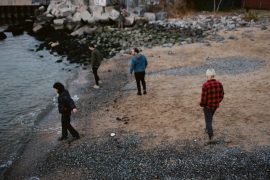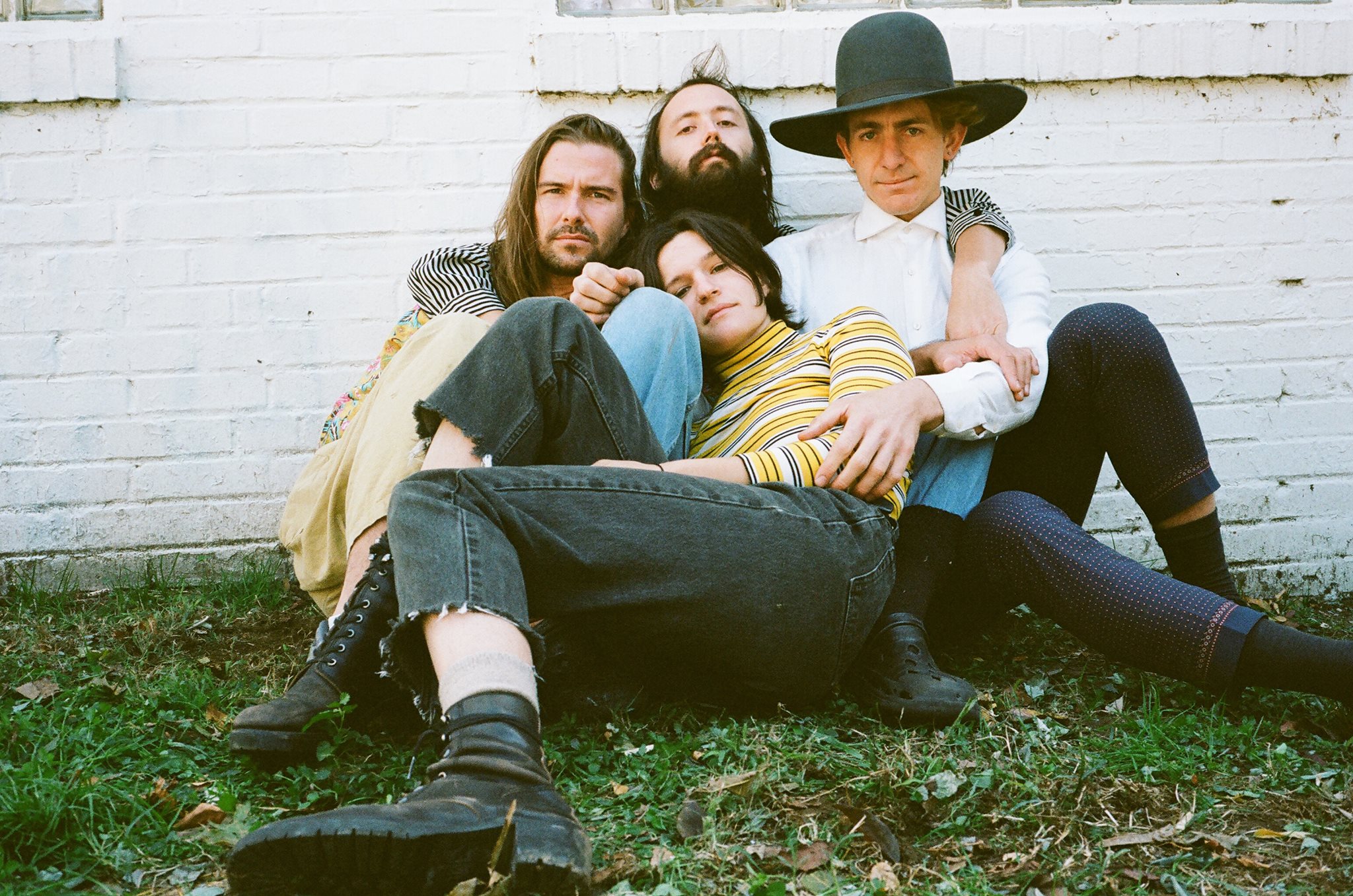In honor of Asian American and Pacific Islander Heritage Month, Atwood Magazine has invited artists to participate in a series of essays reflecting on identity, music, culture, inclusion, and more.
•• •• •• ••
Today, San Jose band Try the Pie’s Bean Tupou (they/them) comments on being a Tongan-American, queer, indie artist and the use of AAPI/API/APA nomenclature in an essay for Atwood Magazine’s Asian American and Pacific Islander Heritage Month series.
Formed in 2006 and drawing upon a Tongan-American and a Bay Area punk background, Try the Pie pieces impromptu harmony, poetic imagery, soft guitar melodies, dissonance, and noise. These elements are used to create a sonic collage-work to provide vivid storytelling. The band has since grown to include Nick Lopez (he/him, Ugly Winner) on drums, Bailey Lupo (they/them, Scowl) on bass, and Laine Barriga (they/them, My Friend, Oka Sun) on guitar. Most of lead singer Tupou’s music is based heavily on mixing present and past experiences with both country, indie and Polynesian-influenced songwriting, inherited histories, and oral storytelling of a poetic nature.
•• ••
“WHAT AAPI HERITAGE MONTH MEANS TO ME”
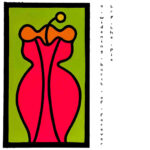
by Bean Tupou
My name is Bean Kaloni Tupou. I am a queer, nonbinary, Tongan-American musician.
My current project is an indie/punk band called Try the Pie. In July 2022, I released an album on Get Better Records called A Widening Burst of Forever.
I am a descendant of Kaloni and Sete Tupou of Vava’u, Tonga. My family immigrated to the San Francisco Bay Area in the early 1980s. In the decade between 1980 and 1990, the population of Tongans in the US grew 184%. Like most immigrant Tongan families at the time, my family moved to America to pursue opportunities they could no longer achieve in their homeland due to globalization, ocean pollution, and lack of substantial growth or resources available to them.
I started my journey as an artist largely because of my father, Likaina Tupou. He used guitar and singing as a way to heal and cope with his trauma and to connect to something larger than himself. As a child, I would often wake in the mornings to my father playing guitar and singing Westlian style hymns in Tongan—a ritual I’ve come to miss dearly. As a part of our family’s legacy, I have chosen to write songs and archive my own experience through music.
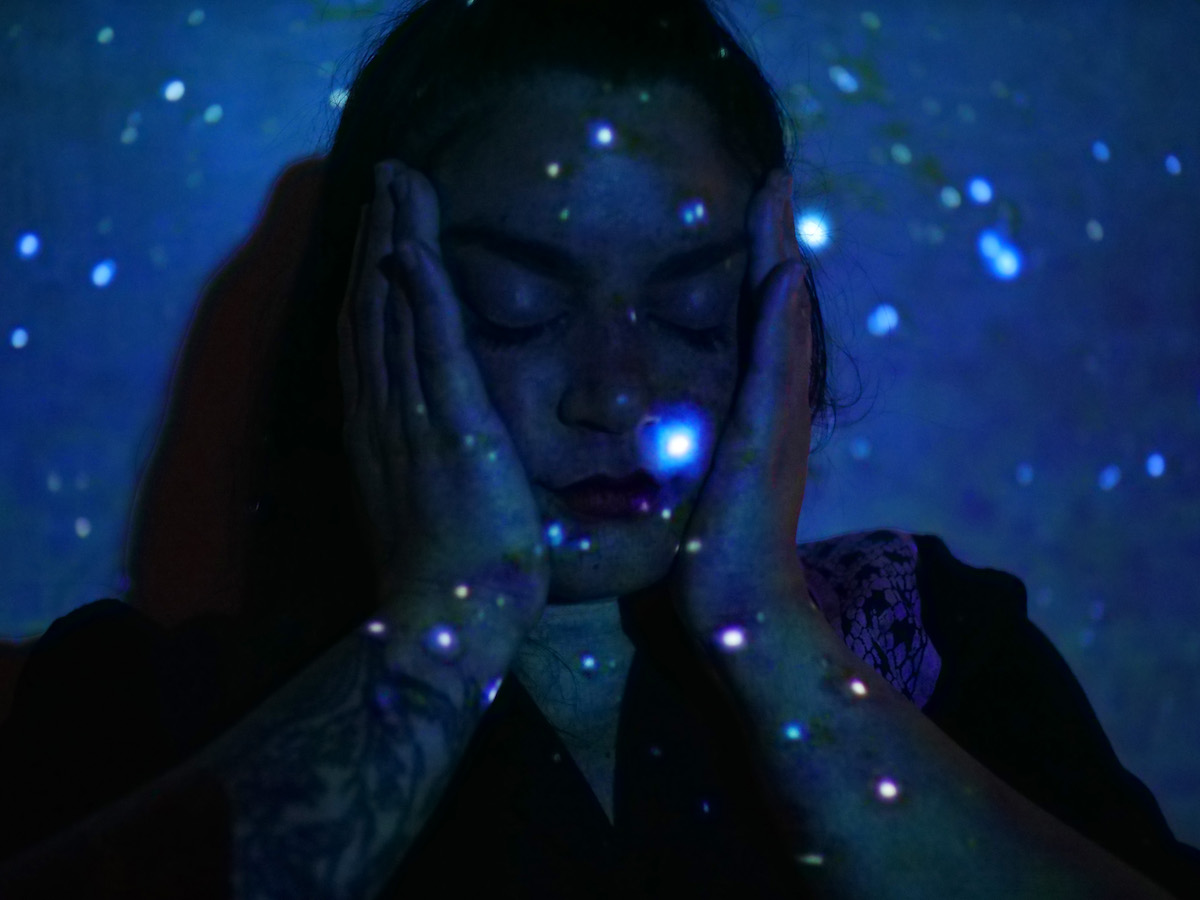
May is Asian American and Pacific Islander Heritage Month. The AAPI/API/APA nomenclature popularized and used by political organizations and businesses to celebrate this month in the United States can do more harm than good for Pacific Islanders living in diaspora. Grouping Pacific Islanders into the Asian American category is not only culturally and ethnically inaccurate, it can lead to a misrepresentation and disaggregation of important race and ethnicity data. In turn, Pacific Islander communities in the U.S. are at risk of being under-resourced and invisibilized in the U.S.
Distinguishing and giving social and political recognition to the experiences of Pasifika peoples, whether that be Tongans, Samoans, Maori, Hawaiians, Fijians, or Guamanians, is an act of decolonization. There is a shared indigeneity and robust history of decolonial work done in academia, in art and in tactical activism throughout the last several decades and there is so much more that has yet to be done.
This idea of decolonization connects to my work as an artist because I am of the mind that each contribution by a Pacifika artist can be an act of self-determination.
Pasifika art, culture and literary works are a mapping, each providing navigation in spaces and structures that will operate, largely, unaware of our presence. As people of Oceania, we create these roadmaps, our art, fully understanding we traverse the colonized world with the spirit of liberation and joy. We know those who need to hear our work will hear it. We know that space, time, or language are not opponents but tools by which we achieve this nonlinear, wayfinding communication. We can convey the most important messages to each other, reminders to: persevere, revere all life on earth, reciprocate, serve and love one another, remember the past, and forge a future made of our markings and signs of life.
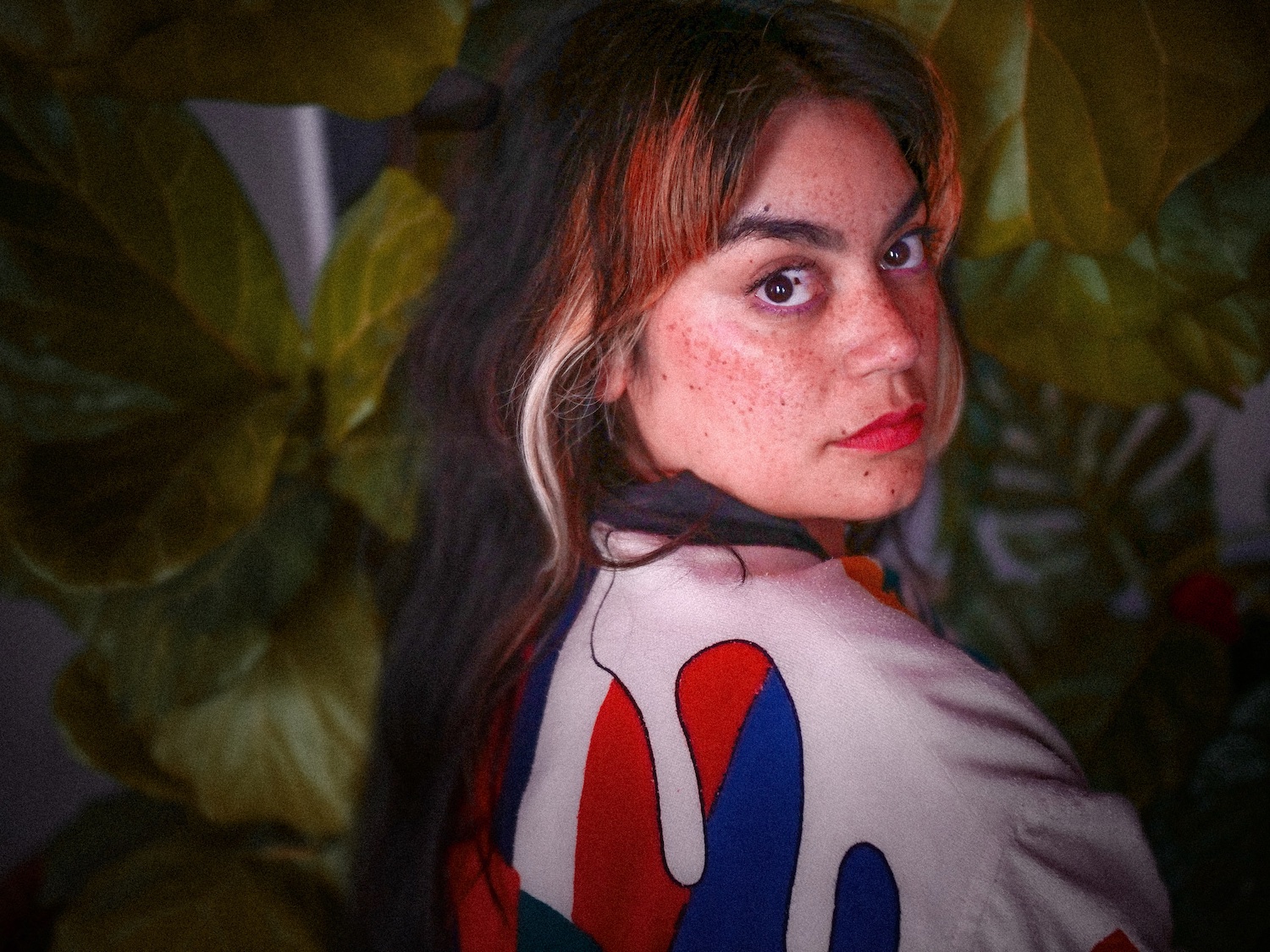
The road to inclusion and recognition can be a complex, painful, and invisibiling experience.
Representation as a Pacifika person, for most of my lived experience, was off the table when it came to indie music. I have found solace in knowing other queer, indigenous folks who experience the same type of invisibility and who use that experience in their work. I am inspired every day by the stories of liberation and self-determination that others share and this is why I will continue making works that push the boundaries of our collective understanding of what it means to be Tongan. – Bean Tupou
— —
:: connect with Try the Pie here ::
— — — —

Connect to Try the Pie on
Facebook, Twitter, Instagram
Discover new music on Atwood Magazine
© Celia Sagastume
:: Stream Try the Pie ::

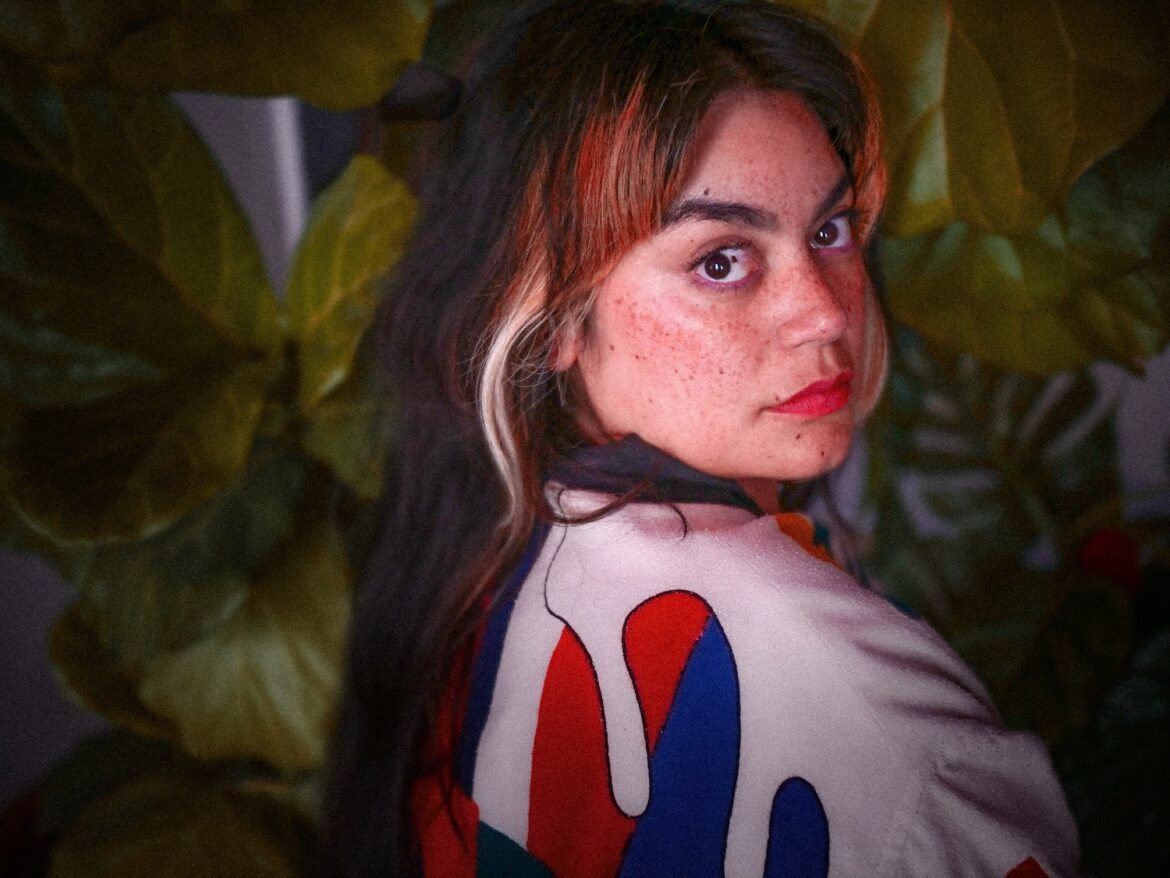
 © Celia Sagastume
© Celia Sagastume

